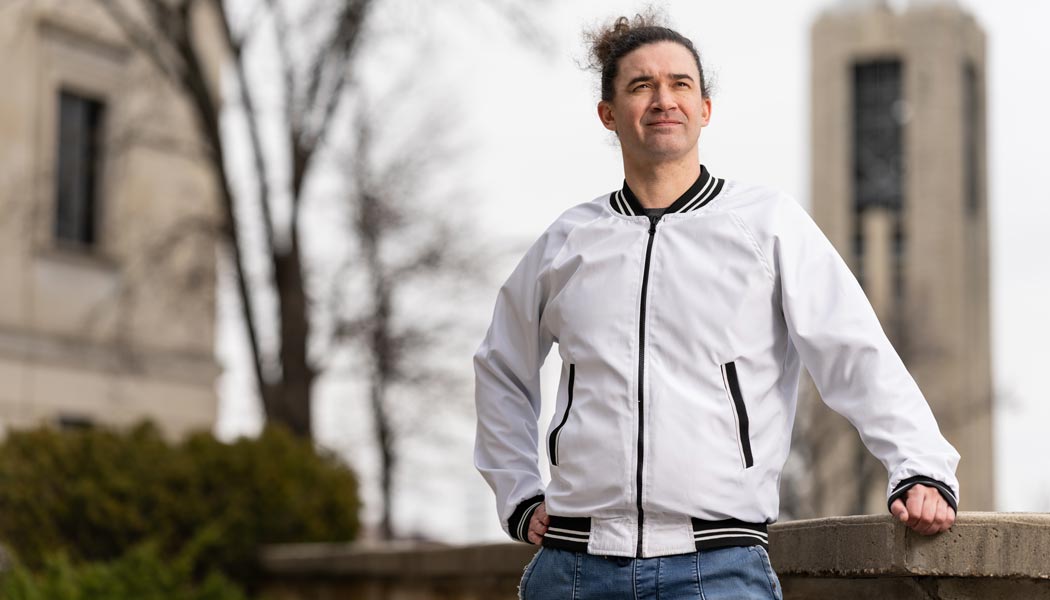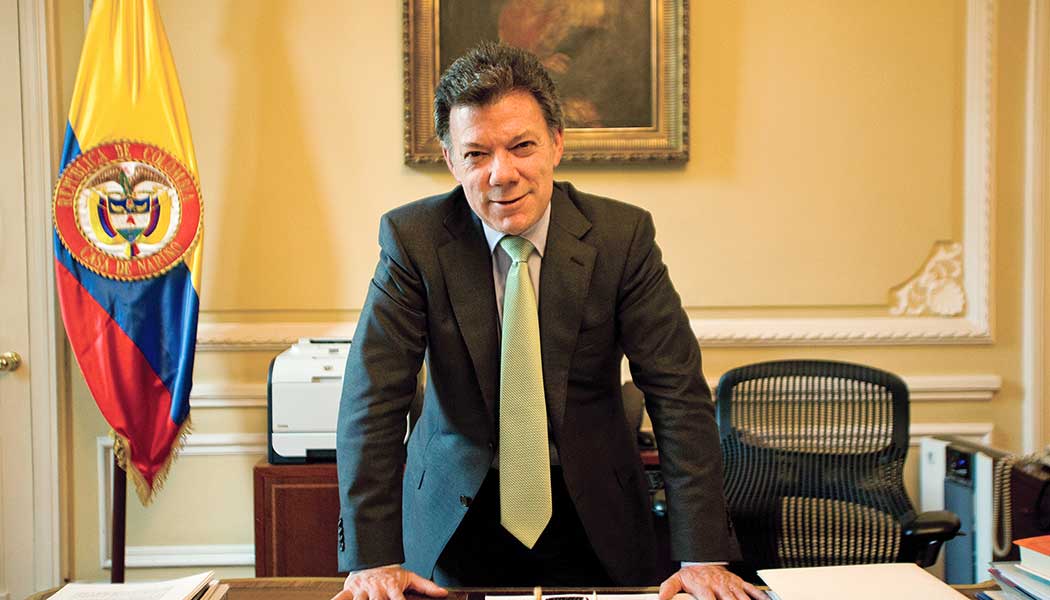Passion for change: The Kansas Women’s Leadership Institute
Institute builds young leaders, dissolves borders and stereotypes.
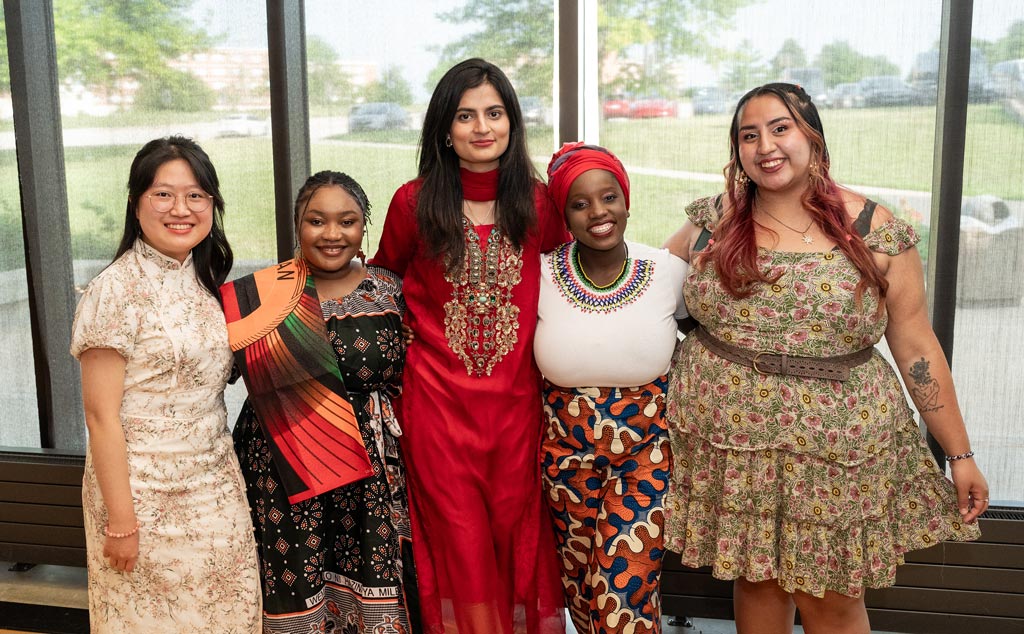
Memorable trips, those that refresh our outlook and stay with us for years, often build day by day. Each new vista or experience tops the day before, stacking best moment upon best moment until it seems the wonders will never cease.
For the 24 women of the Kansas Women’s Leadership Institute (KWLI), a summer sojourn to KU was just such a transformation.
“People told us we would become a family and our worlds would be changed, and I thought, ‘Nah, it’s only five weeks.’ But it’s true,” marveled Faren Kudzai Sakupwanya, one of three students from Zambia, following the July 27 closing celebration. “I’ve never felt so much support. These women are now my sisters.” As she spoke, laughter and animated conversations resounded throughout the Lied Center Pavilion, and tears and hearty hugs among the students, faculty, staff, KWLI alumnae, donors and well-wishers affirmed that five whirlwind weeks can indeed work wonders.
This year’s institute was the 13th hosted by KU as part of the Women’s Global Leadership Consortium, funded by the U.S. Department of State.
Since 2014, thanks to support from donations to KU Endowment, the KWLI also has brought women from throughout Kansas to Lawrence. The 2023 class included four women from Arkansas City, Dodge City, Madison and Mulvane, along with 20 women who traveled from their homes in Hong Kong, India, Mongolia, Morocco, Pakistan and Zambia. Including this year’s class, KU has hosted 313 women from 12 far-flung locations.
KU also plays a larger role as the organizing partner of the entire initiative, which each year includes women from 20 home locations around the globe. In 2018, the State Department selected KU to coordinate the national program, which includes three partner institutions: Green River College in Auburn, Washington; St. Mary’s College in Notre Dame, Indiana; and the University of Delaware in Newark.
To begin the 2023 edition, the KU team created a four-day orientation and leadership conference that started June 24 in Washington, D.C., where more than 80 women began their summer stays before dispersing to Lawrence and the three other schools for the remaining jam-packed four weeks. The KU team also worked with embassies (which select participants from thousands of worldwide applicants) to organize travel for all of the women. In addition, KU will conduct a nine-month online follow-up program, along with all of the program evaluations and assessments that the State Department requires.
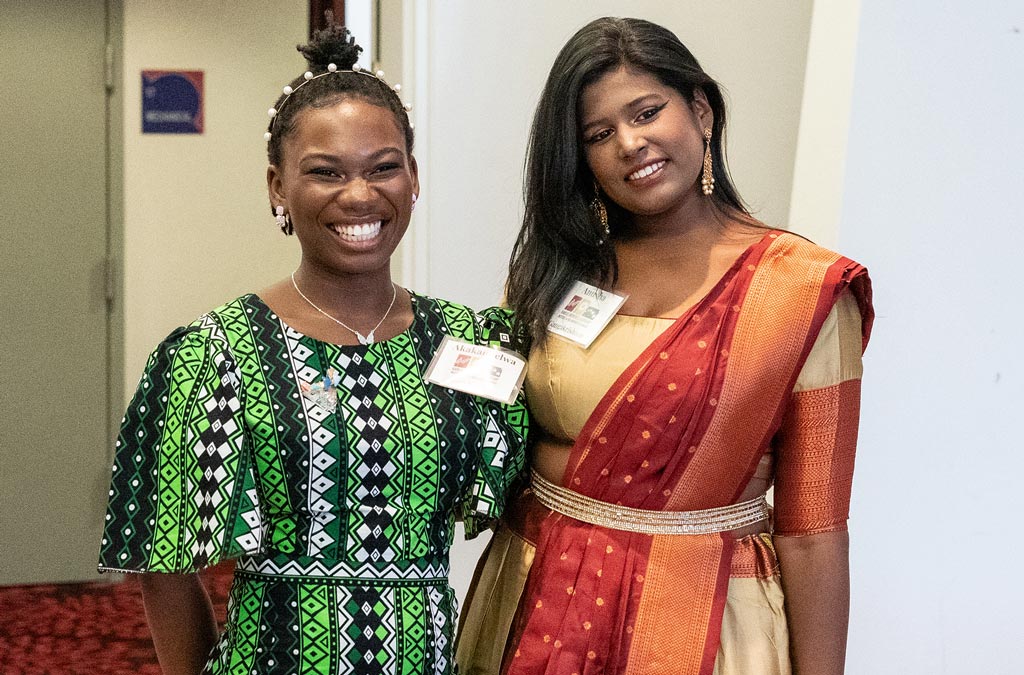
Mary Banwart, KWLI program director and associate professor of communication studies, summed up the program as a testament to “our continued belief—and the evidence—that when we put our minds to it, borders, stereotypes, misconceptions and misperceptions can be crumbled by the simple but powerful and intentional forces of empathy, understanding and passion for making progress on the issues that we care about most, because, as has been our motto since our first day in D.C., women get the job done.”
During the program, academics and adventures combined for a schedule that was short on sleep but overflowing with opportunities to learn and connect. KU’s regimen culminated in capstone projects that aim to improve communities in Kansas and the six other global locations. Participants designed and presented their ideas for “smart experiments,” and in the months ahead, the KWLI Class of 2023 will launch 24 varied projects. A few examples include:
- Olivia Ramos, a Dodge City native who attends Wichita State University, will start Kansas Healthy Homes, a prevention program that will encourage traditional Hispanic families to talk more openly about mental health, beginning when children are in elementary school, and will help them safely cope with mental health challenges, especially as they navigate their teenage years. “I want kids to have the home environments I didn’t have growing up, to know that emotions are OK,” said Ramos, whose program builds on another mental health project she started in her Dodge City middle school.
- Akakandelwa Kandepwe, in her fourth year at the University of Lusaka in Zambia, will begin a program to help ensure that the mentoring she has received from one of her university lecturers is available to more women ages 18 to 25. Mentoring is common in Western countries, but still rare in Zambia, she said: “I believe mentoring should be a right for all. Women must invest in themselves and in one another. Thanks to my mentor, I can walk into a room, claim my space and ask for what I want. I will not be exploited.”
- Anusha Gangakrishnan, from India, will design and host workshops for children in fifth through seventh grades to help eliminate gender bias. She says too often schools in her home community separate boys and girls and point them toward stereotypical paths. “I am done sitting and waiting for someone else to make the change,” she said. “I want to make the change.”
- Sodgerel Gansukh, from Mongolia, will begin a program to promote internships and fieldwork in geological sciences and mining, a vital national industry that has offered only limited opportunities for women. She is inspired by her mother, a geologist.
- Rime Zouzi wants to create an online community of support for abuse survivors in Morocco; she cited studies revealing that 54% of Moroccan women have experienced violence. Current services provide only short-term shelter, she said, and she hopes to establish accessible online services to offer support and address the long-term consequences of abuse.
The women designed their projects with guidance from Banwart, c’90, and KWLI academic director Alesia Woszidlo, associate professor of communication studies who also directs KU’s Institute for Leadership Studies. KWLI students spent more than 100 classroom hours studying the process of leadership from academic and pragmatic perspectives, according to Woszidlo. “Authority and title don’t help you equitably engage in the process of leadership,” she explained. “We challenged them with the idea that, instead of leadership being about individuals, leadership is about finding allies and taking responsibility for the system, deploying acts of leadership in both big and small ways so the system can thrive.”
This year’s participants also learned from the example of a legendary leader, the late Madeleine Albright, who in 1996 became the first woman to serve as the U.S. secretary of state. Woszidlo, Banwart and their team learned in April that the State Department has dedicated the women’s leadership initiative to Albright’s memory, renaming the national effort the Study of the U.S. Institutes’ Madeleine K. Albright Young Women Leaders Program.
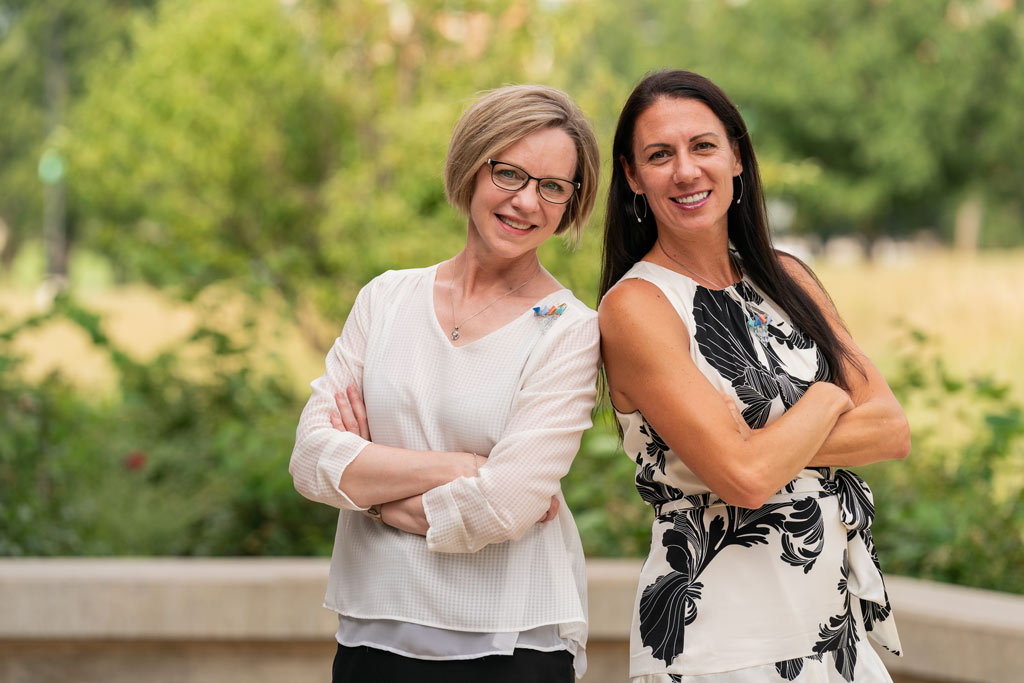
At the closing banquet, as each of the 24 women shared key lessons from their summer in the states, several echoed one of Albright’s most enduring declarations: “It took me quite a long time to develop a voice, and now that I have it, I am not going to be silent.”
Kansan Olivia Ramos, who wants to become a community organizer, recalled that common themes began to emerge at dinner on the first night of the institute. “Even though we come from different countries and different situations, we all have suffering in common as women,” she said, “but we all also possess passion, we have drive, and we have grit. I will never stop fighting.”
Faren Kudzai Sakupwanya, from Zambia, said she learned that “the change you want to make in your community is not just for you; it’s for the many women who have been sidelined. [KWLI] has shown me that I have the capacity to do it.”
Anusha Gangakrishnan, from India, said, “It is because of each one of you that a farmer’s daughter is standing in front of you. I’ve been suffocated and been put in a box and silenced all my life. I now know I have a voice. I know I cannot stay silent.”
May their voices and their wonders never cease.
Photos by Steve Puppe
/
